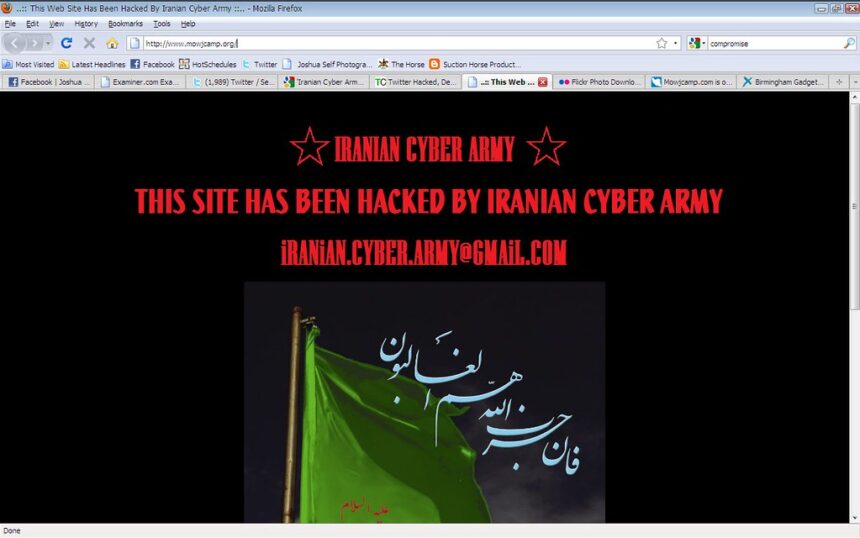Meta has taken action to block a small group of WhatsApp accounts that are linked to the Iranian hacking group APT42. APT42 was allegedly targeting officials who were associated with President Joe Biden as well as former President Donald Trump.
The company announced the move in a post on its blog, highlighting the threat of state-sponsored cyberespionage. This is particularly true from actors with ties to Iran.
What is APT42 and what steps did Meta make?
After analyzing suspicious messages sent by users, Meta’s security team was able to identify the malicious activity.
The messages were traced to APT42, a state-sponsored cyber spying actor in Iran that was previously flagged by tech giants such as Google.
The group has a long history of targeting individuals and organizations including activists, nongovernmental organizations, media outlets and public figures.
The recent scheme was designed to exploit politicians, diplomats and other public figures including those who were associated with the administrations both of President Biden and former president Trump.
The campaign reached out to individuals in Israel Palestine, Iran and the UK.
Meta is under increased scrutiny as the November elections approach due to the way its platforms were manipulated during past presidential campaigns.
Meta is taking proactive steps to protect users’ accounts, even though it has not found any evidence that WhatsApp accounts have been compromised.
It shares detailed information with law-enforcement and industry peers in order to strengthen defenses against these threats.
Meta’s quick response to the suspicious activities highlights the need for increased vigilance as cyber threats continue to evolve.
APT42’s tactic in this case included posing to be technical support representatives for companies such as AOL, Google Yahoo and Microsoft.
Meta reported that some of the targeted users reported these suspicious messages using WhatsApp’s in-app report tools, which helped Meta identify and block the fraudulent accounts.
APT42’s History of Cyber Espionage
The Trump campaign announced earlier this month that an actor from abroad had compromised its network and illegally obtained internal communications.
This incident is consistent with Microsoft’s earlier findings, which identified a number of Iranian hacking groups that attempted to influence the US Presidential election.
APT42 is linked to an email spear-phishing sent in June using the compromised account of a former advisor to a high ranking official on a presidential election campaign.
APT42 is not the only cyber-attacker to have been linked to US political figures.
Microsoft identified hackers in 2019 who were believed by Microsoft to be connected to the Iranian Government. They were believed to have targeted US presidential campaigns, government officials, and media outlets.
Meta’s swift response against APT42 highlights ongoing battles against state-sponsored cyber attacks, especially those that aim to influence political processes in the United States.
Companies like Meta are being pressed to protect their platforms as election-related cyber activity increases. In order to safeguard digital communications, and ensure the integrity and security of the upcoming elections, the company’s collaborations with law enforcement and industry players are crucial.
This post Meta identifies Iranian hacking groups APT42 using WhatsApp as a target for Biden and Trump officials may be updated as new information unfolds
This site is for entertainment only. Click here to read more






